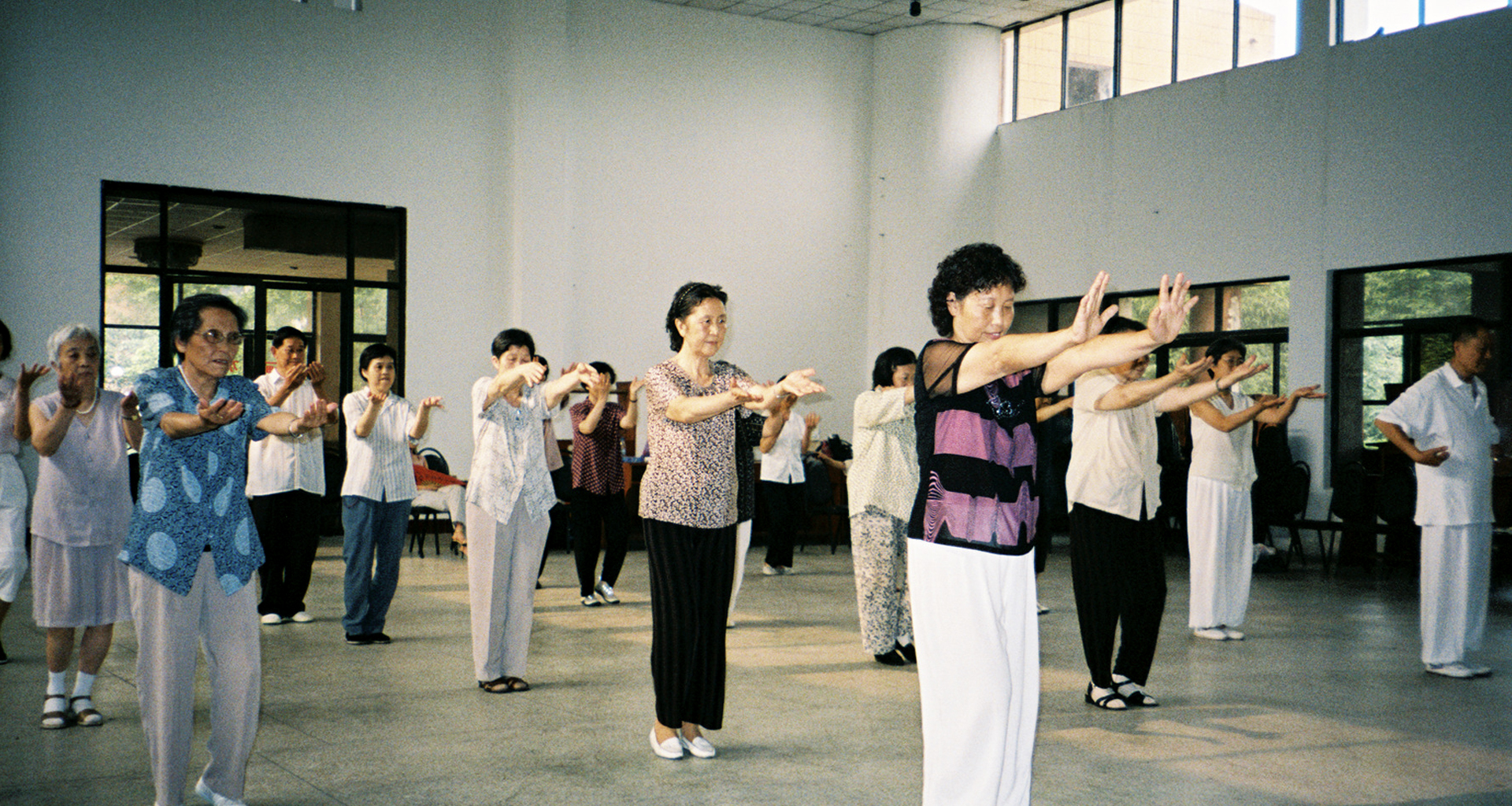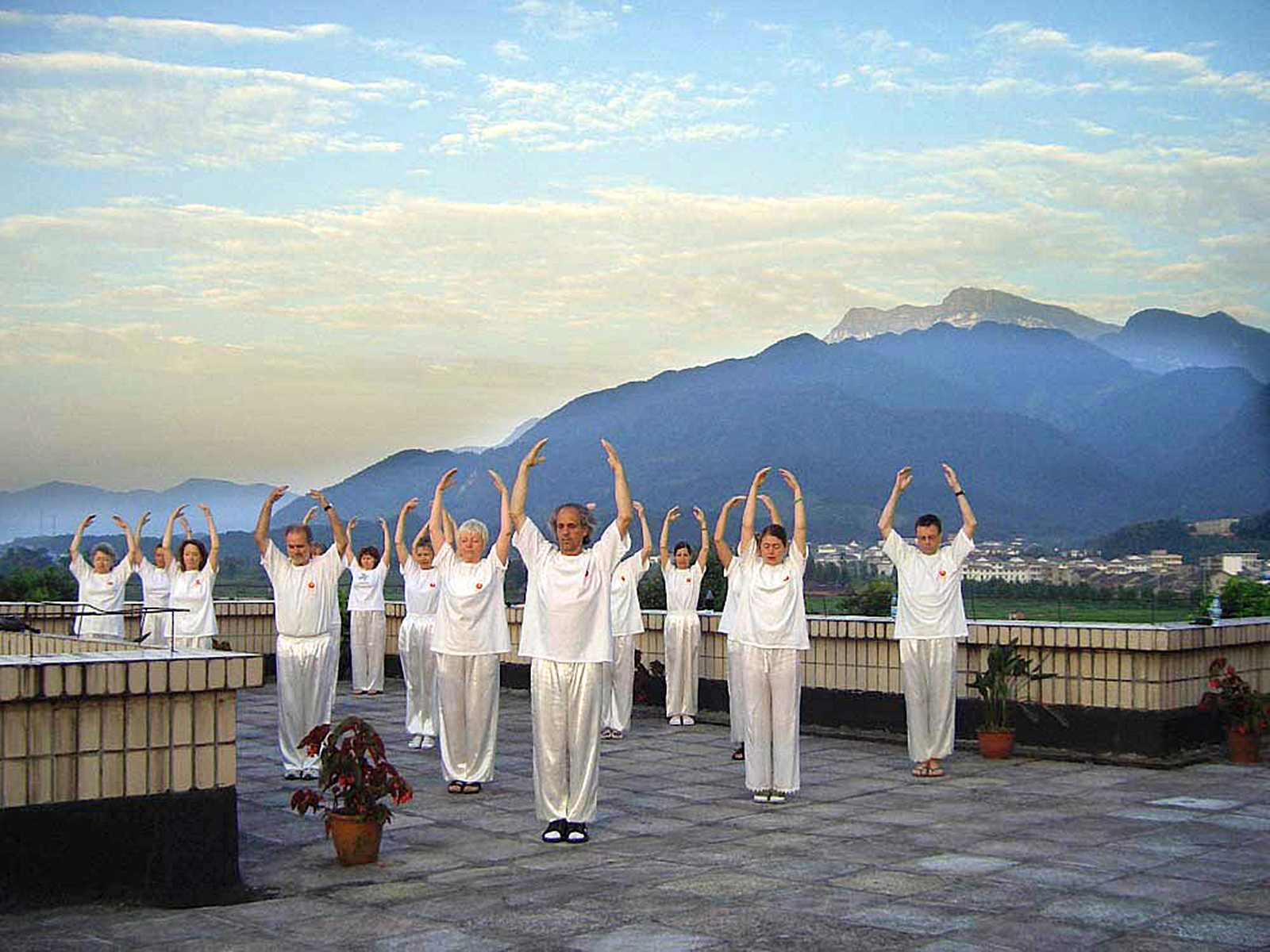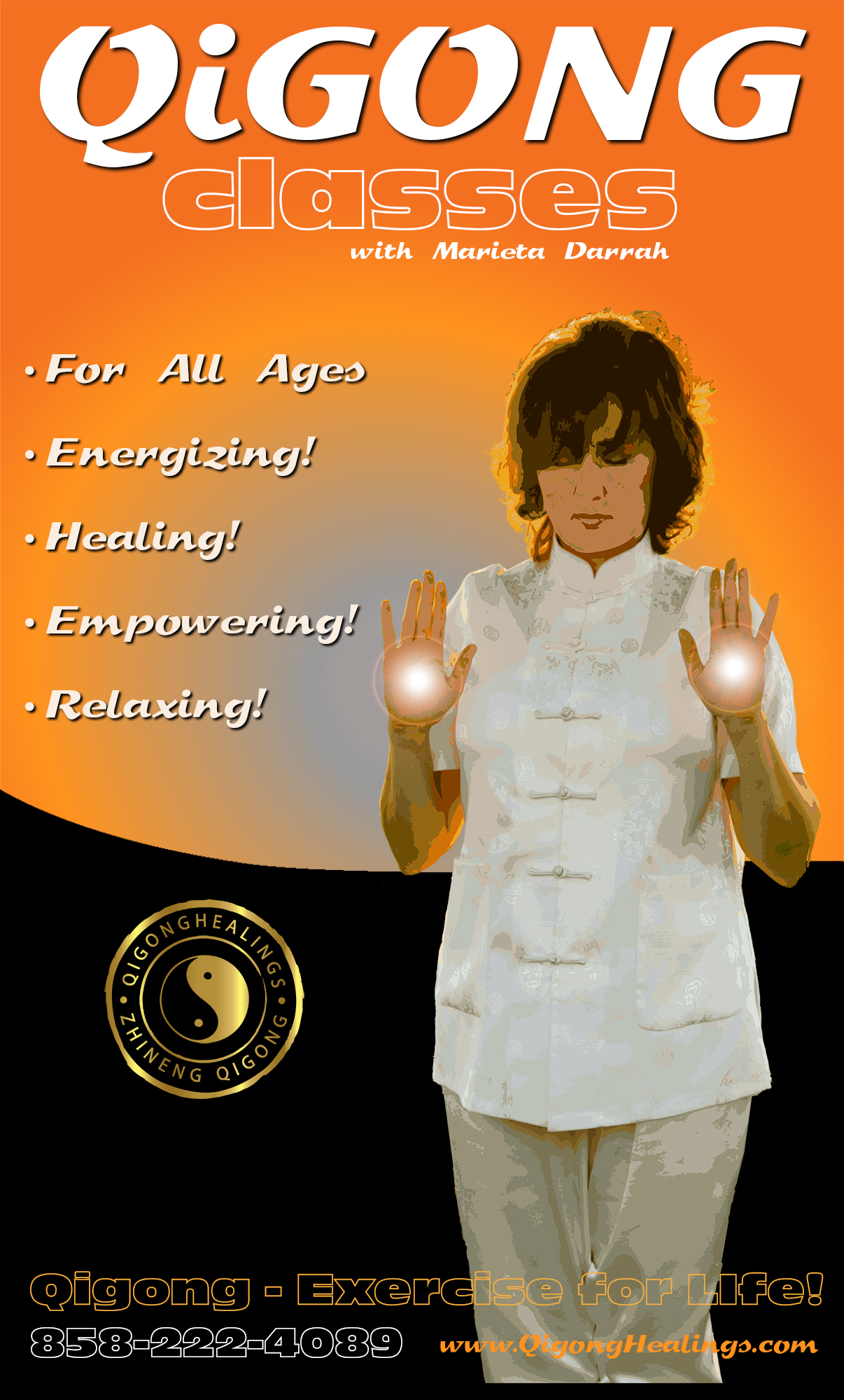
Are You Ready to Embark on a Beautiful Healing Journey?
This opportunity is for people who are seeking to improve their current state of health, live free from heavy medicine dependency and enjoy quality of life. Understanding that quality of life first equals good health is essential. Next comes one’s ability to provide for and sustain him/herself. Both of these depend on making conscious, good choices every day. Many people say they don’t have the time to make these choices, as they’re busy. Yet when some day they learn they are in a final stage of cancer or some serious disease, they’re willing to do anything and everything, realizing how precious life is.
The current system of health care in our country is, firstly, not always available to all people at its best, and secondly, it’s not based on eliminating the root causes of disease. Knowing why we experience certain illness is of essence and involves working with our mental and emotional programming, changing patterns, habits, and attitudes. This is the only reliable way to self-improvement and achieving a good quality of life. While it’s fine to use medicines and herbs to temporarily alleviate symptoms, it is our responsibility to look for a permanent solution to health issues. Any person who has self respect and self value needs to ask these questions: Why am I experiencing such a symptom/illness? What is it that I’m doing wrong in my life? How can I get rid of this problem? Do I have all the resources to pay someone to take care of me when I get old, sick, and immobile? Is this person going to be compassionate enough to deal with my personal hygiene and feel satisfied with their job? Is there a way for me to enjoy good health in my golden age without too much dependency? Can I be certain that if my life depends on certain medicine it will always be available to me?

We live in times of fast changes, we’re overloaded with work and family responsibilities, stress, tons of information/disinformation that can cause a great deal of anxiety and confusion. Although a human being is capable of amazing things, people react and respond differently to what’s on their plate. Learning how to achieve balance and enjoy good health in this life is our own responsibility. This isn’t that difficult with an enjoyable and reliable practice one can do daily or even every other day. If life is difficult, if the world seems like an uncertain, depressing, or even frightening place through our own experiences, we need to look no further than changing ourselves little by little. Thus the only way to change the world is to start making changes on a personal level. Why is such practice necessary? It is a stepping stone to creating a new life for one self. Without it, without changing energetically, we will be trapped in a vicious circle of old patterns.
When we first experience a symptom of disharmony or illness, then it’s the exact time, the perfect timing to address it before it gets out of hand. This can of course be applied to any problem, but why do we keep ignoring our health of all things?.. People who have an advanced disease have failed to pay attention to the early warnings from their body/mind. They need to understand that the amount of time they invest into self healing is reciprocal to the level of disease. It’s easy to form an unhealthy habit with a good excuse and continue that path for many years. Therefore, we need to understand that healing takes time and commitment.
As a Zhineng Qigong instructor trained by the founders and healers of the first non-medicine based hospital in China known for its healing success rate of 95% and higher, I’m currently offering an introductory program to groups of people who are ready to make a change and start their journey to better health. Yes, this is a journey, as you’ll get to know yourself, start changing your current patterns, open energy blockages and gradually refine the quality of your energy on all levels. This particular qigong practice involves physical movement, energy movement (mind induced qi), visualization, and relaxation in a gentle flowing motion. Group practice amplifies and accelerates the healing effects of the exercise. I’m very experienced in teaching and healing, internationally certified, have practiced in some of the most sacred Buddhist and Taoist mountains in China, and prior to qigong have practiced yoga for over 13 years.
If you are a yoga studio owner or have your own healing center and would like to introduce a qigong program, or a weekend workshop to the local community, please contact me.
I’m also offering this program to groups of 10-20 people, and this could be arranged in a spacious room or area that is nature rich/feng-shuied.
Ongoing Weekly classes are also available for retirement communities on a twice-a-week basis, or for alcohol/drug abuse rehab centers.
Classes for children are available and they target opening and enhancing the creative flow/ imagination. After all, Albert Einstein has written that “imagination is more important than knowledge.”
Individual lessons are also available with some requirements.
Please contact me with further inquiries.







